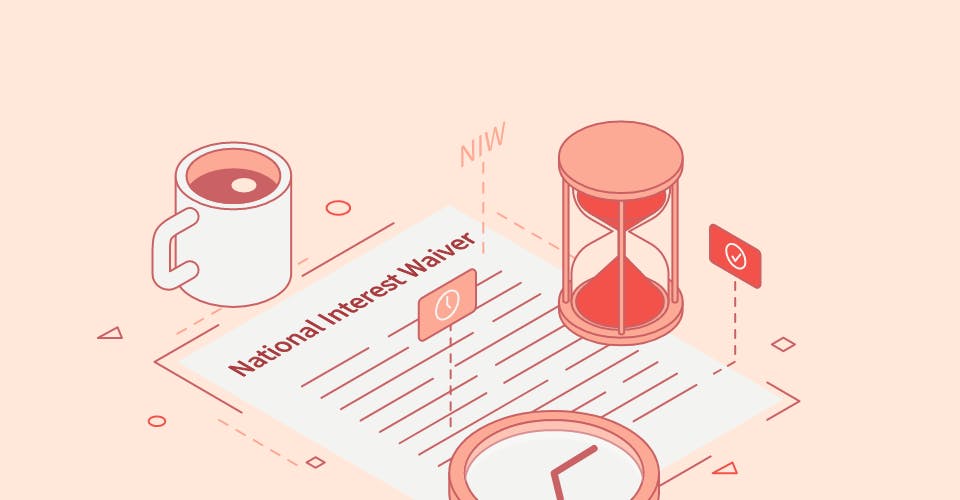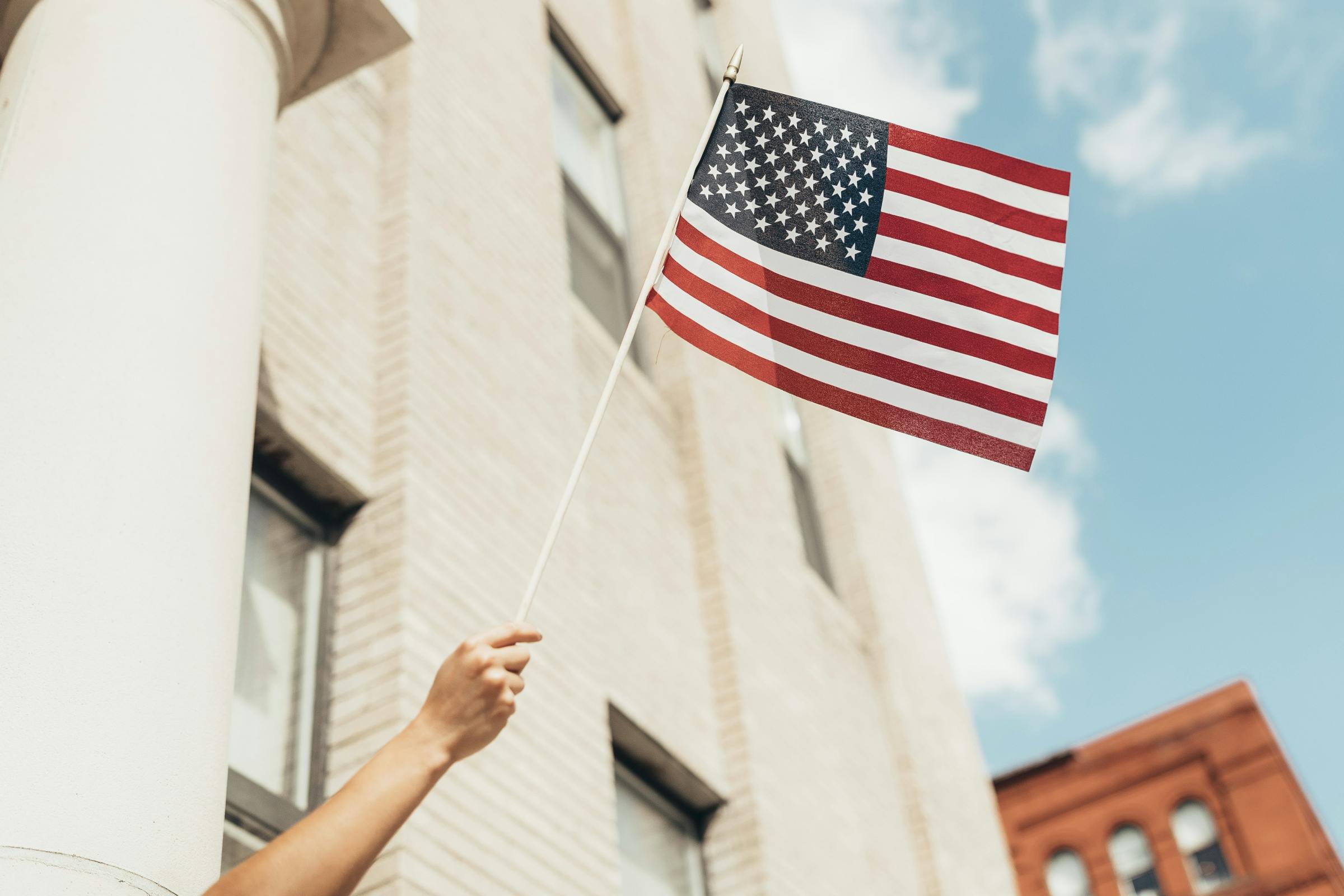After going through several EB-2 national interest waiver cases that have been posted by immigration lawyers, it seems that the National Interest Waiver (NIW) application processing time can vary greatly in length depending on the type of petition filed. For example, in one case that was covered, immigration lawyers were proud to announce that one of their clients had filed an EB-2 NIW, and it only took 3 months for the USCIS to make a final decision on the case, and mail the applicant an approved status, with no RFE disturbing the process.
In other examples, NIW applicants are waiting for up to a year, if not longer. 13 months is a typical waiting period for most NIW applicants. But this begs the question as to what factors are affecting ones NIW application processing time? If one applicant can have their case approved as quickly as 3 months, while others are waiting a year or longer, what are some candidates doing that others aren’t that speeds up or slows down the process?
In this blog, we’ll take a closer look at processing time and the different factors that are affecting the adjudication period of USCIS officers. This process will work best by giving real examples of cases and then using these examples to offer key takeaways.
Case Example 1: Food Auditor
Columbo Hurd, an immigration law firm, helped a client in 2020 pursue an EB-2 NIW in about 9 months. The client is a Food Safety Auditor with Brazilian citizenship. The primary role of a food safety auditor is to ensure the quality control of food that is imported into the country. The client was able to secure an EB-2 NIW with no problems from the USCIS and had a relatively fast processing time that was less than a year. There was no RFE issued to the client either. This is a case that shows that smooth processing can take place with NIW applicants whose proposed endeavor is first off easy to understand.
Shipping and logistics in the U.S. of food and agricultural products depend on food that has already passed inspection. Thus the candidate who was easily able to place herself within that supply chain makes a fashionable case to the USCIS that the individual is well positioned in terms of the criteria of the NIW, and the fact that the candidate is not confusing the USCIS with any of her documentation.
Case Example 2: Computer Scientist
North American Immigration Law Group noted the case of an EB-2 NIW client from Bangladesh in 2020. The applicant was already living in the United States at the time of filing, and had their NIW case accepted by the USCIS after 13 months of processing. This is a good example to review because it shows that professionals in academia can have longer processing times. Their cases can be a bit more confusing and need to be thoroughly examined by an adjudicating officer.
The client was a professor in the United States, but through specialization is highly adept in computer science and robotics—particularly when it comes to advancing autonomous robotic vehicles. The applicant has been published in the field of robotics, with five peer reviewed journal articles in the subject matter, and thus has already established himself as a subject matter expert in the field. The client’s research also received funding from the Army Research Office (the army uses robotic instruments in U.S. combat operations) and the National Science Foundation (NSF).
Takeaways
One of the main takeaways when looking at the two cases above side by side is that professionals in academia might generally have longer processing times if they decide to file for an EB-2 NIW. This is because the individuals publications and citations need to be reviewed which can be a long and daunting process. In addition, the following should be noted:
- NIW applicants who are clearly integrated into the supply chain of an important U.S. economic function might receive shorter processing times.
- Publications and multiple citations to review can add months to USCIS processing times.
- Reviewing a receipt of funding (from a research grant) will need to be verified by the USCIS and can add to the overall processing time.
- More publications does not necessarily mean a more thorough application. Such a strategy could mean being an issued an RFE from the USCIS because some publications added don’t contribute to the proposed endeavor.














